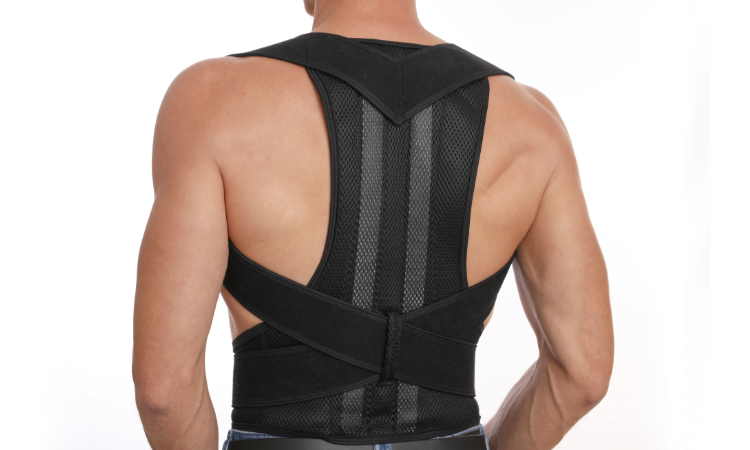Have you ever looked in a mirror and noticed that your shoulders were hunched forward, or your spine seemed to curve more than it should? If so, you might be experiencing a condition known as kyphosis. This condition refers to an excessive, abnormal rounding of the upper back, which can sometimes lead to discomfort and chronic pain. But, the question that often arises is, Do posture correctors help kyphosis? Are they safe?
These are the questions we aim to answer in this article, providing an in-depth analysis of the role of posture correctors in dealing with kyphosis. We’ll also explore whether posture correctors help shoulder pain.
What is Kyphosis?
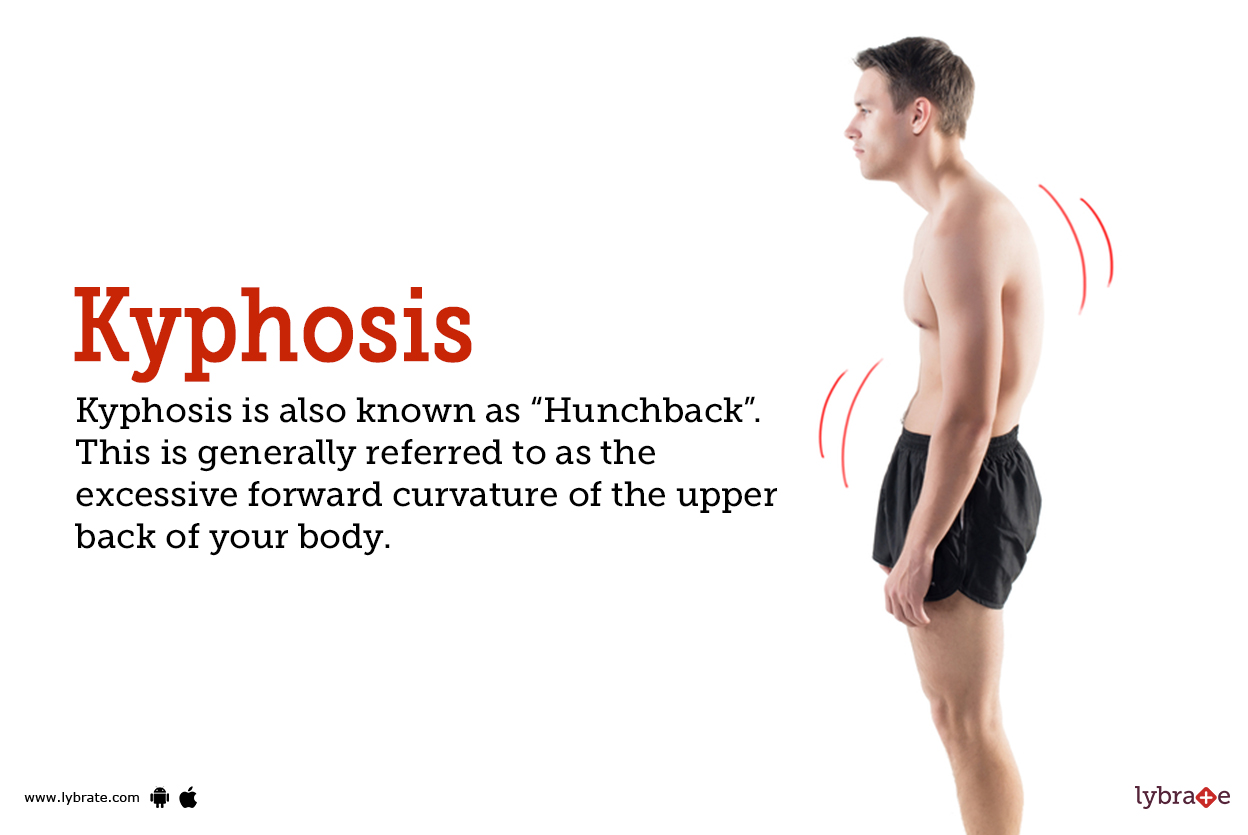
Before delving into the solutions, let’s first understand the problem. Kyphosis, often dubbed a “hunchback”, is a spinal disorder that leads to an abnormal convex curvature of the spine. The condition can occur at any age but is more common in older women—a condition often related to osteoporosis.
The Role of Posture Correctors
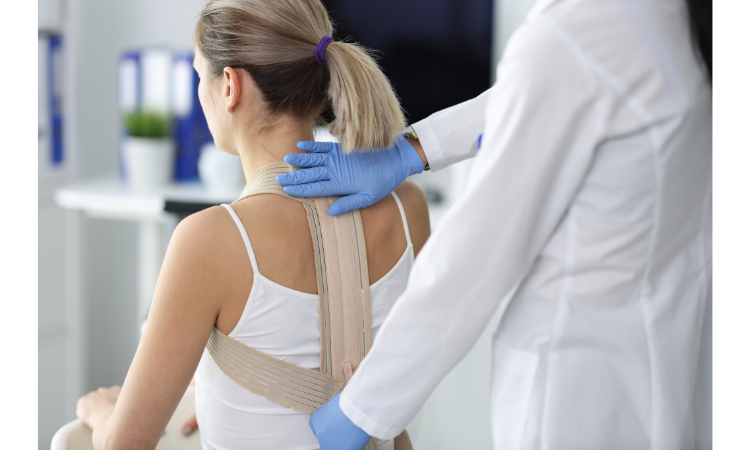
In an era where many of us spend hours hunched over computers or looking down at our smartphones, maintaining a healthy posture can often seem like an uphill battle. Here is where posture correctors come into play.
Posture correctors, as the name suggests, are devices designed to assist in maintaining a proper posture. These devices pull the shoulders back and align the spine, helping to correct any imbalances that may lead to conditions like kyphosis.
Do Posture Correctors Help Kyphosis?
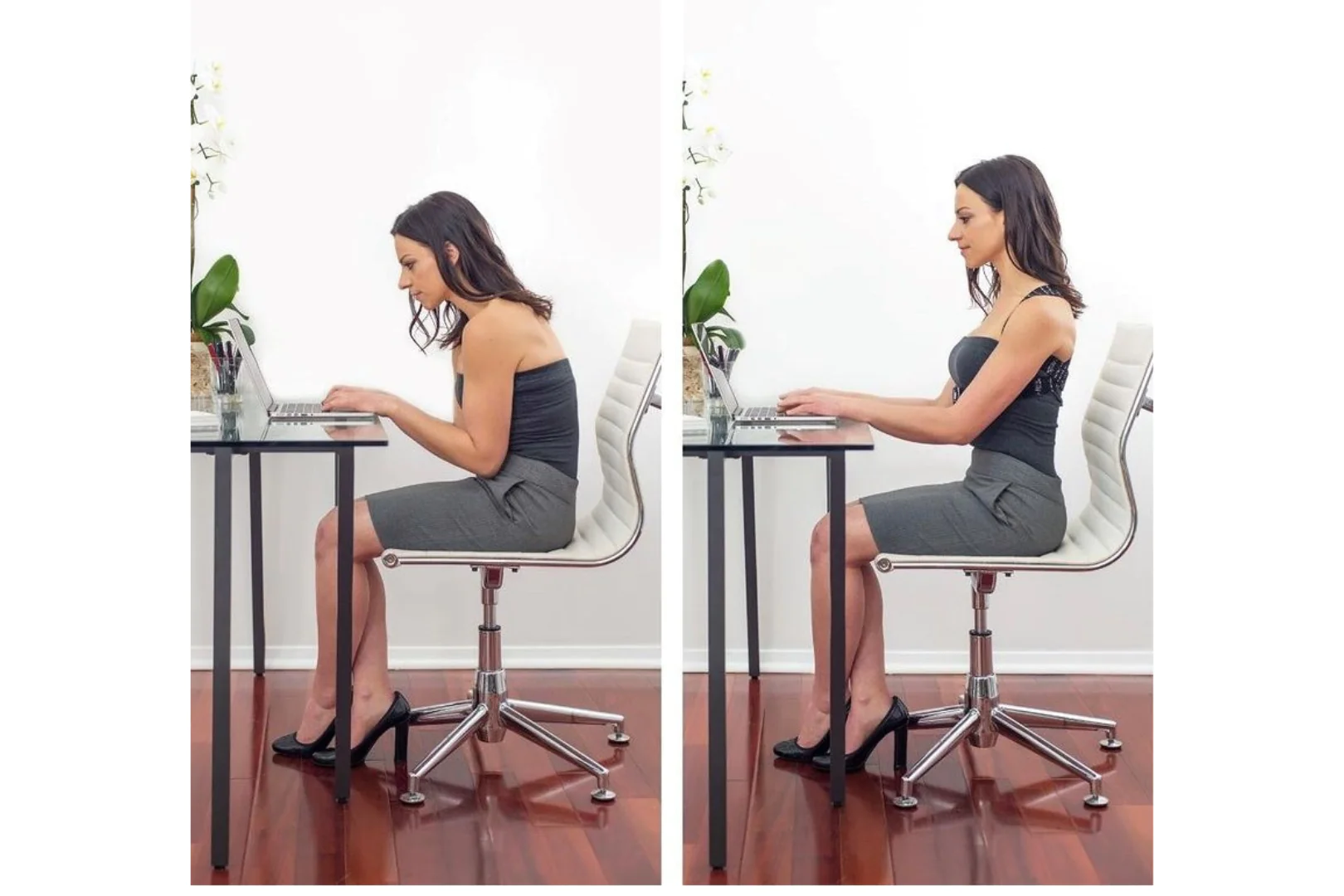
In theory, posture correctors can help with kyphosis. They encourage your body to keep your spine in a more neutral position, which can help correct a hunched or forward-leaning posture. By doing so, they could provide some relief from the symptoms associated with kyphosis.
However, it’s important to note that the effectiveness of posture correctors depends largely on consistency and correct use. They are not a cure-all solution, but rather an aid that can contribute to better posture, especially when used alongside other treatment methods such as physical therapy and regular exercise.
Do Posture Correctors Help Shoulder Pain?
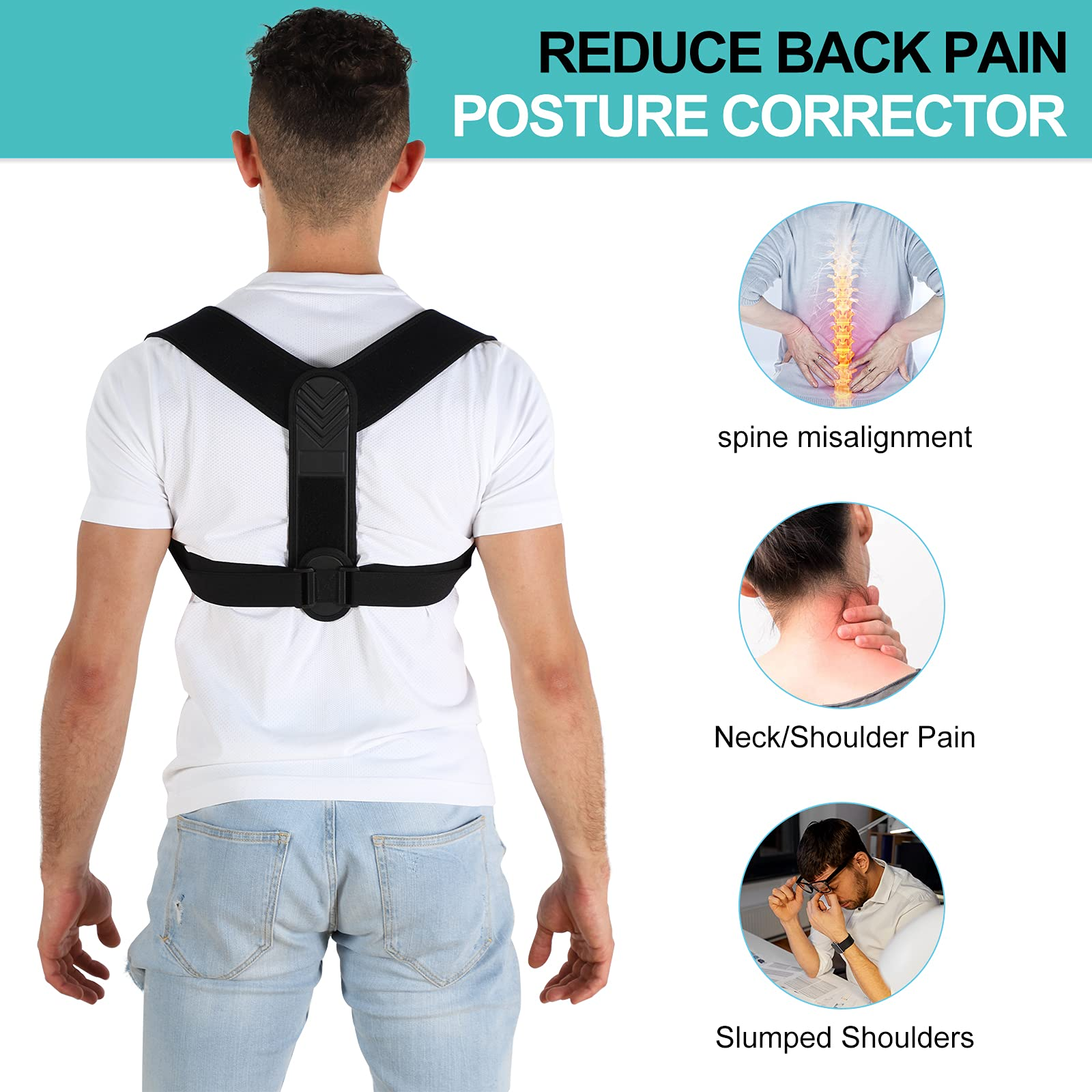
While there is not a wealth of research specifically on the relationship between posture correctors and shoulder pain, there is a broad agreement among experts that bad posture can lead to shoulder discomfort and pain. Therefore, it stands to reason that improving posture through the use of a posture corrector could potentially alleviate shoulder pain. Again, the effectiveness of posture correctors in this context is greatly enhanced when combined with other therapeutic measures.
Top Tips For Using a Posture Corrector

To ensure safe and effective use of a posture corrector, consider these tips:
Start Slow: Don’t wear your posture corrector for extended periods right off the bat. Start with 15-30 minutes at a time and gradually increase the duration as your muscles adjust.
Use As a Reminder: The primary role of a posture corrector isn’t to force your body into a specific position, but rather to serve as a constant reminder to maintain good posture.
Regular Exercise: Strengthen your core muscles with regular exercise. This will support your posture naturally and reduce reliance on the posture corrector over time.
Set Up an Ergonomic Workspace: If you spend a lot of time at a desk, make sure your workstation is set up to promote good posture. Your monitor should be at eye level, and your keyboard and mouse should be within easy reach.
Seek Professional Advice: If you’re considering a posture corrector due to severe or persistent posture problems, it may be worthwhile to seek advice from a healthcare professional. They can provide personalized advice and rule out any underlying medical conditions.
The Future of Posture Correctors
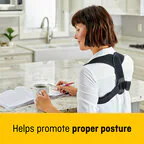
As our understanding of posture and its health implications continues to evolve, so too will the tools we use to correct it. Innovations in technology are leading to more advanced posture correctors that offer features such as real-time feedback via smartphone apps, making them even more effective tools in our fight against poor posture.
Safety of Posture Correctors

As for the question, Are posture correctors safe?—the answer is generally yes if used correctly. They are non-invasive, and many healthcare professionals recommend their use. However, there are a few key points to remember:
- Duration: You should not wear a posture corrector for prolonged periods without taking breaks. Overuse may lead to muscle fatigue or dependence on the device.
- Sizing: Ensure that your posture corrector is the correct size. If it’s too tight, it can cause discomfort or restrict circulation.
- Underlying Medical Conditions: People with certain medical conditions should not use posture correctors without a doctor’s approval. For example, people with certain heart or lung conditions may find that a tight posture corrector impacts their ability to breathe.
Wrapping Up
In conclusion, when the question, do posture correctors help kyphosis? comes up, the answer is a cautious yes. They can aid in addressing the issue and potentially reducing associated shoulder pain. However, they should be used correctly and as part of a holistic approach to posture improvement, encompassing lifestyle changes and physical therapy.
Similarly, posture correctors are generally safe when used properly, but it’s crucial to heed advice on sizing, duration of use, and to consider underlying health conditions. As with any health-related tool, it’s always wise to consult with a healthcare professional before use.
If you are considering investing in a posture corrector, be sure to do your homework and select a high-quality product that is suitable for your body and lifestyle. Your back, shoulders, and future self will thank you.
